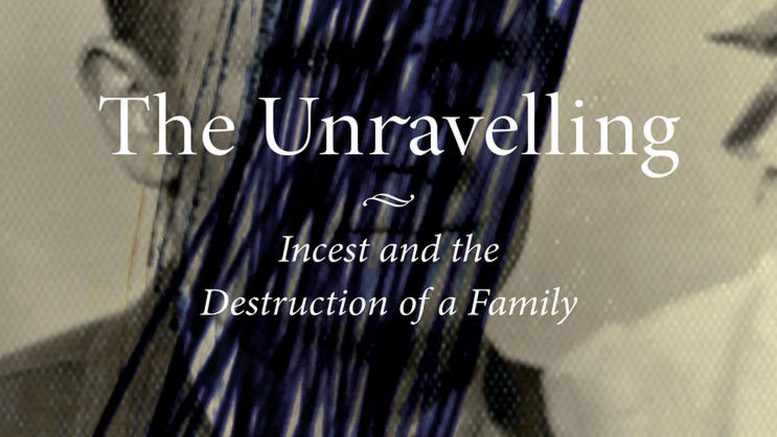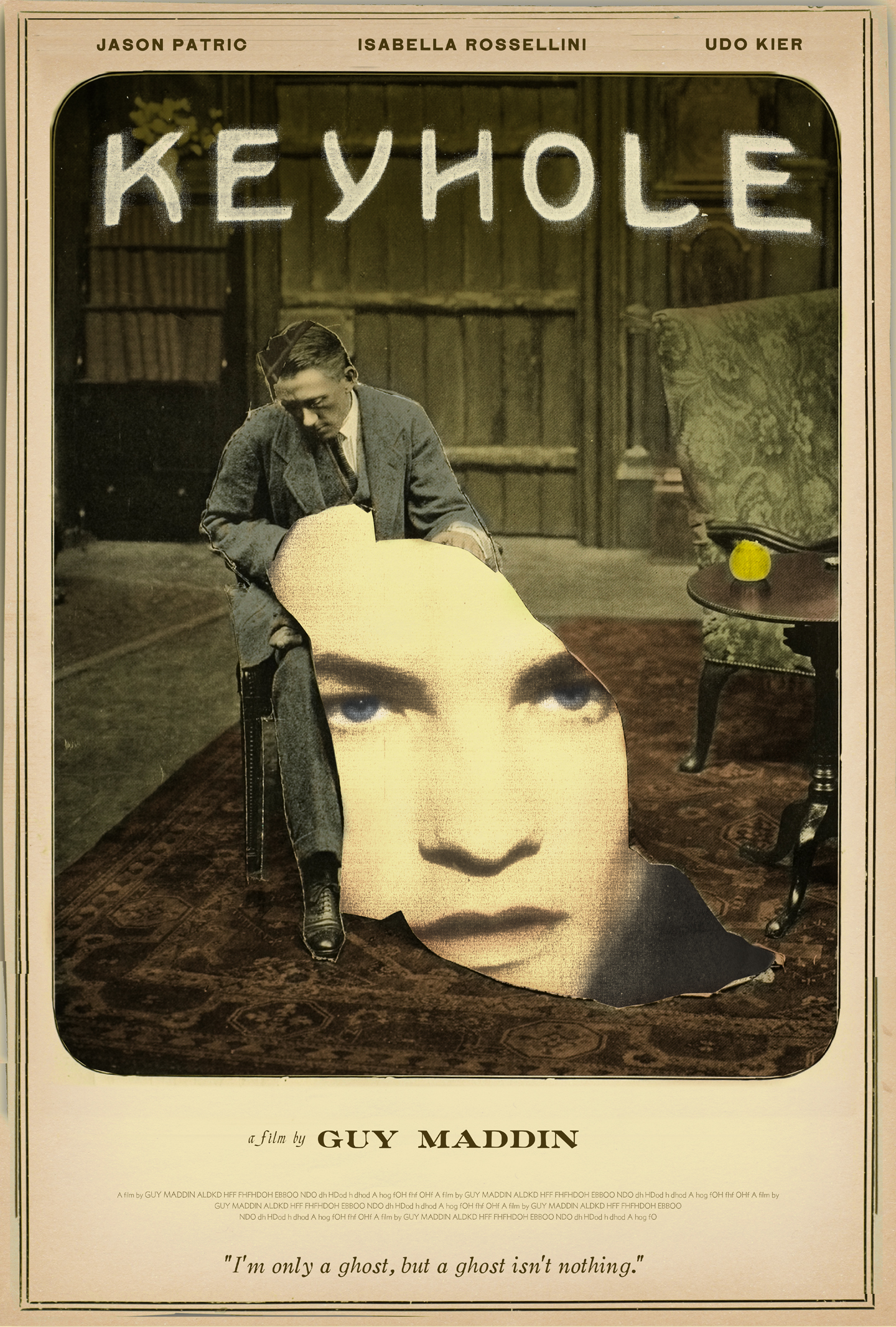In The Unravelling: Incest and the Destruction of a Family, Besel documents the stresses — physical, emotional and financial — on her life from 1992 to 1995 as she navigates the trials of bringing her father to justice for the sexual and violent crimes he committed against his wife and children.
The book begins with an epigraph from Adolf Hitler — startling and unconventional, yet appropriate in the context of describing how abusers operate by wielding the weapons of fear, terror and force to divide and conquer their victims, preventing them from seeking help.
The memoir is an incredibly brave and thoughtful recounting of Besel’s abusive childhood.
By drawing parallels between the betrayal of the father — historically a trusted figure — and the betrayal of the legal system which claims to protect and stand by victims of crime, Besel emphasizes the abortive and disillusioning process of seeking justice.
A child herself at the time of the abuse, it is excruciatingly obvious in Besel’s narration of events that the justice system comfortably accommodated the perpetrator yet offered no support to the now-adult victims still carrying the burdens of abuse, as highlighted by the court’s reliance on the efforts of the victims themselves to gather evidence.
Moreover, the constant insistence that incestual crimes are simply “a women’s issue” adds a sickening note of the patriarchal hegemony western law sits atop.
The memoir’s other heavy theme is the constant reminders given to the author to simply forgive and move on from the atrocities of her past, as though it were so simple.
In fact, Besel’s book reads as a reminder to question the popular custom of forgiveness — why should a child be responsible for forgiving the violent actions of an adult?
The discomfort of those who do not wishto acknowledge uncomfortable subjects is palpable throughout the memoir and relentlessly disheartening between the spare moments of hope.
The blaming of victims who chose to step forward is also punishingly rampant and ridiculous. The acknowledgment by the victims of the criminal acts committed against them is regarded by acquaintances and family members alike as tearing the family apart, where the selfish and cruel acts of the perpetrator go overlooked.
Besel herself laments “it was no small wonder sexual assaults were so under-reported,” between the fractures and schisms of her own family and the ugly reality reflected by surfacing uncomfortable truths.
There are gleams of community, hope and love that shine through the book, especially the community of friends — mostly women — who support Besel through her three years of hell.
The Unravelling is an education in the mind of a sexual assault victim and the physical effects of acknowledging such violence. It’s also a stark reminder of the failings of the justice system in an area where women and children are predominantly the victims.
The Unravelling: Incest and the Destruction of a Family is available at major retailers.



